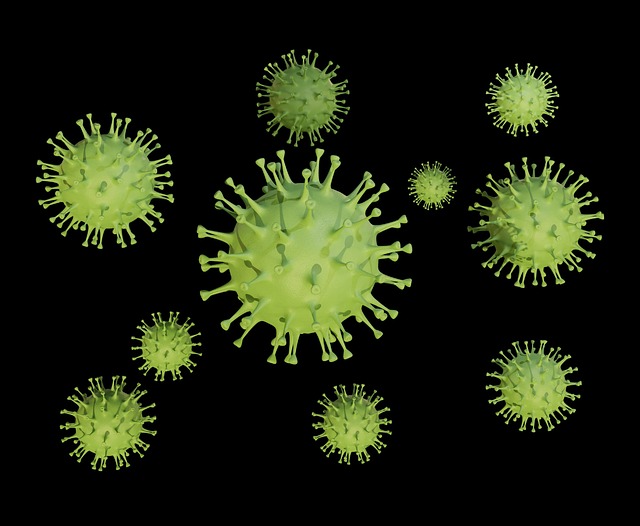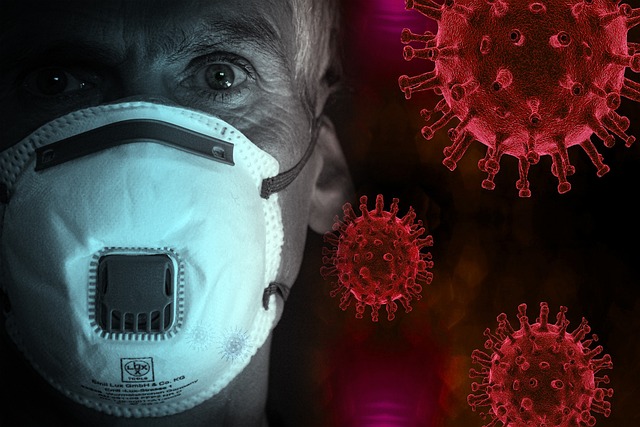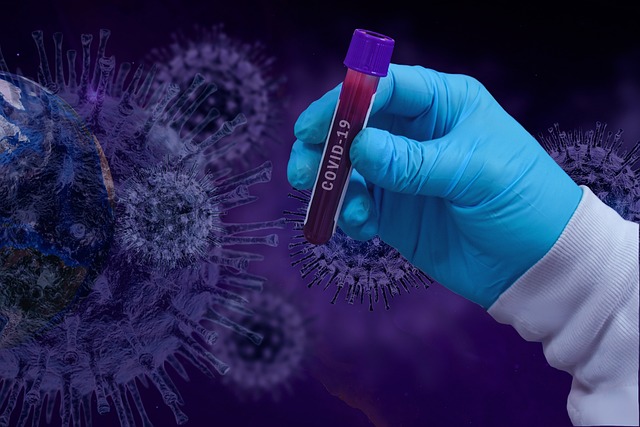
High Seroprevalence of SARS-CoV-2 Antibodies Indicates Widespread Infection
Seroprevalence studies reveal a high prevalence of SARS-CoV-2 antibodies among Americans, indicating widespread infection with the Omicron variant and highlighting the need for continued vaccination efforts and public health interventions.
December 2022

Increase in COVID-19 Infections Among American Children During Omicron Wave
Infections among very young American children doubled during the Omicron wave, underscoring the need for continued vigilance and comprehensive vaccination strategies to protect vulnerable populations against COVID-19.
December 2022

BA.4 and BA.5 Variants of SARS-CoV-2 Not More Severe or Transmissible, WHO Warns
The BA.4 and BA.5 variants of SARS-CoV-2 are not associated with increased severity or transmissibility, according to the World Health Organization, emphasizing the importance of ongoing surveillance and public health measures to monitor variant emergence and transmission dynamics.
December 2022

WHO Maintains Pandemic Status for COVID-19 Amid Omicron Variants
The World Health Organization (WHO) maintains the pandemic status for COVID-19, citing the emergence of new Omicron variants and ongoing transmission dynamics, urging continued vigilance and adherence to public health measures.
December 2022

COVID-19-Induced Inflammation: Insights from Monocyte and Macrophage Dysfunction
COVID-19 triggers massive inflammation through the death of monocytes and macrophages, with antibodies developed during infection sometimes contributing to the inflammatory response, as revealed by a study published in Nature.
December 2022

New Normal COVID-19 Strategies Ignore Lessons From Pandemic's Impact on Chronic Diseases
Strategies adopted as part of the 'new normal' response to COVID-19 overlook valuable lessons learned from the pandemic's impact on chronic diseases, highlighting the need for integrated approaches to public health and pandemic preparedness.
December 2022
Resurgence of Sexually Transmitted Diseases in the US During the Pandemic
The relentless momentum of the STD epidemic continued during the COVID-19 pandemic, with disruptions in healthcare services exacerbating the spread of sexually transmitted infections, underscoring the need for comprehensive prevention and control measures.
December 2022

WHO Recommends Nirmatrelvir and Ritonavir for Non-Severe COVID-19 Cases
The World Health Organization (WHO) recommends the use of nirmatrelvir and ritonavir for non-severe COVID-19 cases, citing their potential to reduce hospitalizations and alleviate disease burden in affected individuals.
December 2022

SARS-CoV-2 Variants and Long COVID: Insights into Clinical Phenotypes
An Italian study of patients with long COVID suggests the existence of different clinical phenotypes associated with SARS-CoV-2 variants, highlighting the complexity of post-acute sequelae and the need for tailored management approaches to address diverse symptom profiles.
December 2022

Long COVID Affects 30% of Patients With Persistent Symptoms
Long COVID, characterized by persistent symptoms following acute infection, affects approximately 30% of individuals, highlighting the need for improved diagnostic tools and targeted interventions to address long-term sequelae of COVID-19.
December 2022















